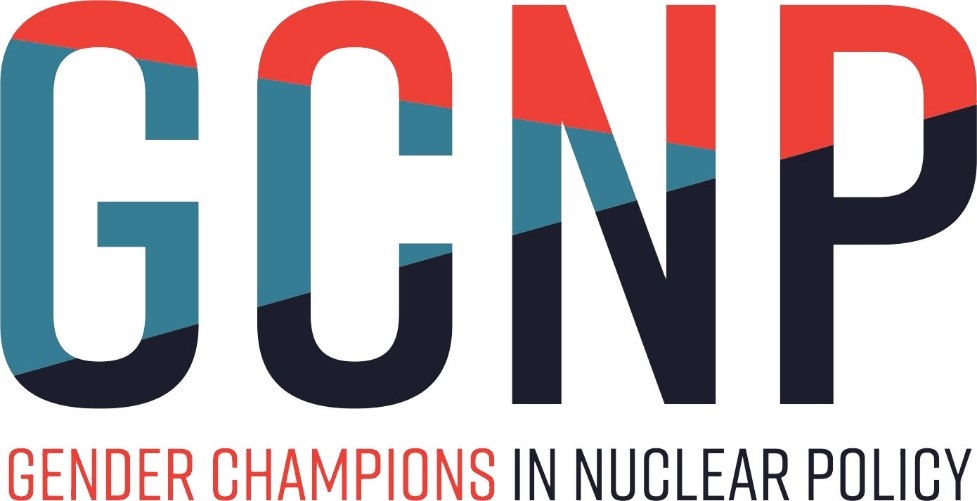Spent nuclear fuel in dry storage at the decommissioned Zion nuclear power plant in Illinois.
Congress needs to take action to break the impasse over a permanent solution for commercial spent nuclear fuel, according to a report by the U.S. Government Accountability Office. The GAO recommends that Congress amend the Nuclear Waste Policy Act (NWPA) to authorize a new consent-based siting process, restructure the Nuclear Waste Fund, and direct the Department of Energy to develop and implement an integrated waste management strategy.
The GAO also recommends that the DOE finalize the consent-based process it began in 2015 for siting consolidated interim storage and permanent geologic repository facilities. The DOE agrees with that recommendation.
Dry cask storage at the closed San Onofre Nuclear Generating Station in Southern California. Photo: Southern California Edison
Saying they are cautiously optimistic that the Biden administration can change the U.S. trajectory on nuclear waste, some Stanford University experts have offered their recommendations on how it can be done in a recent Stanford news posting.
Strategic federal investment in nuclear research and development is needed to rapidly deploy cost-effective, flexible energy choices for a zero-carbon future while strengthening national security and the economy.
The ANS Task Force on Public Investment in Nuclear Research and Development has just issued a report titled “The U.S. Nuclear R&D Imperative.” Visit ans.org/policy/rndreport/ to learn more and to read the report in its entirety.
The following article, originally published in the February 2021 issue of Nuclear News, describes the formation of the Task Force and the principles that guided its members as they developed specific nuclear R&D funding recommendations to ensure that a new generation of nuclear energy technologies is ready for deployment in 2030 and beyond.
Recommended R&D increase just 0.6% the cost of Biden climate plan
La Grange Park, IL –A task force commissioned by the American Nuclear Society (ANS) issued an assessment of U.S. nuclear energy research and development funding needs for the 2020s. The study is a prospectus for appropriations as Congress and the Biden administration consider ways to support and expand America’s largest carbon-free energy technology, nuclear energy.







 A new report out of Columbia University’s Center on Global Energy Policy (CGEP) offers a number of recommendations for improving the management of spent nuclear fuel and high-level radioactive waste in the United States.
A new report out of Columbia University’s Center on Global Energy Policy (CGEP) offers a number of recommendations for improving the management of spent nuclear fuel and high-level radioactive waste in the United States.




 ANS Executive Director/CEO Craig Piercy has joined
ANS Executive Director/CEO Craig Piercy has joined 

